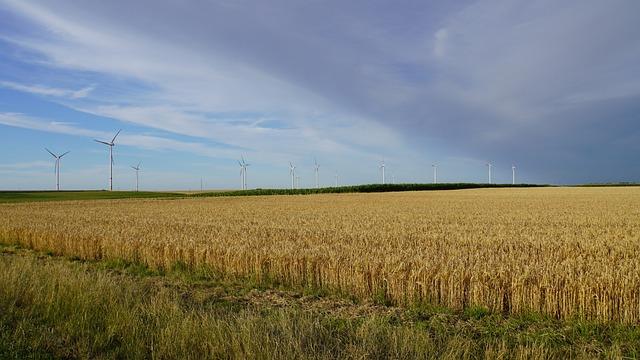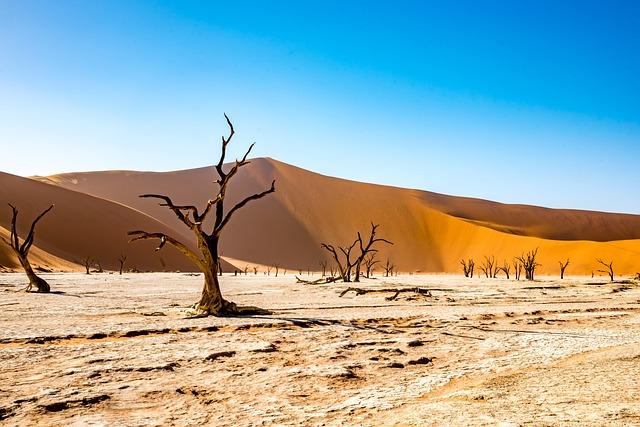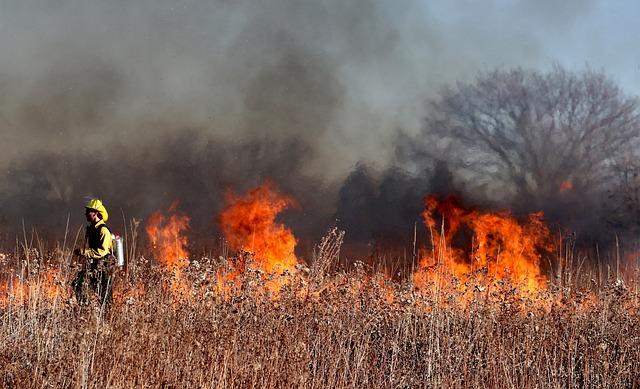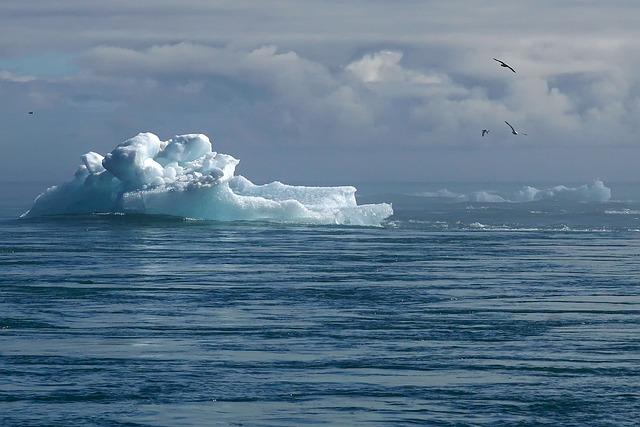```html
- Introduction
- The Heating Earth: Record-Breaking Heat in 2024
- Drought Emergency: The Deepening Global Water Crisis
- Raging Wildfires: Why the Crisis Is Worsening
- Root Causes and Potential Solutions
- Conclusion
- FAQs
Introduction
As 2024 unfolds, the global community faces a trifecta of environmental crises: record-breaking heat, intensifying droughts, and an escalating wildfire emergency. These phenomena are not isolated disasters; they are interconnected, each exacerbating the other to create a planetary emergency.
This blog will explore how soaring temperatures are reshaping the planet, how water scarcity caused by prolonged droughts is becoming an international emergency, and why wildfires are growing more destructive than ever. We’ll also examine root causes and potential solutions to these crises. Let’s delve deeper to understand what’s happening and what steps must be taken to mitigate this spiraling climate disaster.
The Heating Earth: Record-Breaking Heat in 2024

(Image: Pixabay/@Mylene2401)
The summer of 2024 has already been declared one of the hottest on record, with temperature spikes breaking longstanding meteorological thresholds across continents. From North America to Europe and Asia, heatwaves are disrupting agricultural systems, urban living spaces, and ecosystems.
Massive heat domes and prolonged periods of extreme heat have resulted in increasing cases of heat-related mortality, overwhelming healthcare infrastructures. Moreover, energy grids are strained as record-high demand for air conditioning collides with intermittent renewable energy outputs due to climate dynamics.
The science behind this warming trend is irrefutable. Human-induced greenhouse gas emissions have trapped excessive heat in the atmosphere, intensifying events that we once referred to as anomalies. The frequency and intensity of these heatwaves remind us that climate change is no longer a distant threat but a pressing reality.
Drought Emergency: The Deepening Global Water Crisis

(Image: Pixabay/@TonW)
With diminishing rainfall and rising temperatures, droughts are becoming a stark reality worldwide. Regions like Sub-Saharan Africa, the American Southwest, and parts of Central Asia are particularly vulnerable to this environmental shock. In Spain, reservoirs have dipped to historic lows, while California continues to report dire statistics on its dwindling groundwater supplies.
Severe droughts compound the challenges faced by agricultural regions. Prolonged periods without rain lead to crop failures, reduced food production, and higher prices—a direct hit to global food security. This ripple effect intensifies socioeconomic divisions in both developed and developing nations.
Droughts exacerbate geopolitical tensions as countries compete for dwindling freshwater resources. River basins shared between nations become points of conflict, and millions face displacement as their homes transform into uninhabitable arid landscapes.
Raging Wildfires: Why the Crisis Is Worsening

(Image: Pixabay/@terski)
The intensifying number and scale of wildfires globally are another dire consequence of the changing climate. Higher temperatures, coupled with prolonged droughts, create the perfect conditions for out-of-control flames to ignite. Fire seasons—periods during which wildfires are at their peak—are beginning earlier and lasting longer.
Regions like Canada, Australia, and California have seen some of the most devastating wildfires in recorded history this year. Not only do these fires claim lives and properties, but they also engulf vast carbon stores locked in forests, releasing those emissions back into the atmosphere and perpetuating the vicious cycle of climate change.
Wildfires are also polluting air quality at unprecedented levels, releasing toxic particulates that travel thousands of miles. These particulates exacerbate respiratory diseases and reduce overall life expectancy in the affected regions.
Root Causes and Potential Solutions

(Image: Pixabay/@Peggychoucair)
The climate crisis, including record-breaking heat, drought, and wildfires, can be traced back to a combination of natural phenomena and human activities. Fossil fuel consumption, deforestation, and unsustainable resource management amplify these risks. However, solutions exist, though they require swift action and global cooperation.
Aggressive decarbonization of the energy sector is critical to containing global warming. Transitioning from fossil fuels to renewables like solar and wind can drastically decrease greenhouse gas emissions. Equally important are reforestation projects and investments in carbon capture technologies, which can offset emissions already present in the atmosphere.
On a policy level, governments need to enforce stricter regulations against deforestation and incentivize water conservation practices. Furthermore, emergency preparedness strategies focused on fire mitigation and water storage technologies can reduce the immediate impacts of wildfires and drought.
Conclusion
The year 2024 serves as a painful reminder of humanity’s significant impact on the Earth's fragile systems. As temperatures rise, droughts intensify, and wildfires rage, it becomes clear that urgent action is essential to halt further deterioration.
Addressing these interlinked crises requires a multi-faceted approach involving all sectors of society—from individuals changing their consumption habits to broad regulatory and policy changes by governments worldwide. The time for action is not tomorrow; it is today.
FAQs
What is driving the record-breaking heat in 2024?
The heat surge can be attributed to human-induced climate change, mainly caused by high greenhouse gas emissions trapping heat in the Earth's atmosphere.
How are droughts impacting everyday life?
Droughts are leading to water scarcity, food insecurity, and increased migration as people are forced to leave areas where water resources have dried up.
What measures can prevent wildfires from worsening?
Preventing wildfires involves better forest management, creating defensible space zones around settlements, and implementing stringent fire-mitigation policies.
How can individuals contribute to combating climate change?
Individuals can help by reducing energy consumption, supporting renewable energy initiatives, minimizing waste, and advocating for systemic climate action policies.
```

